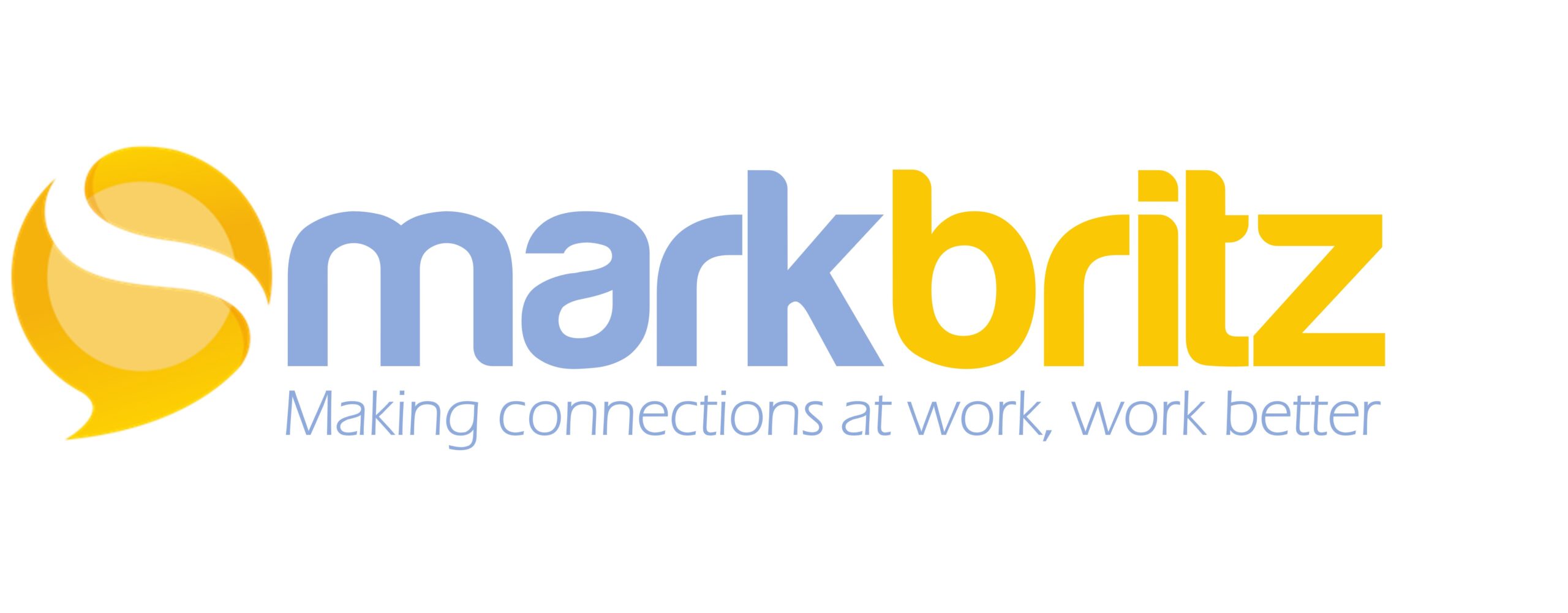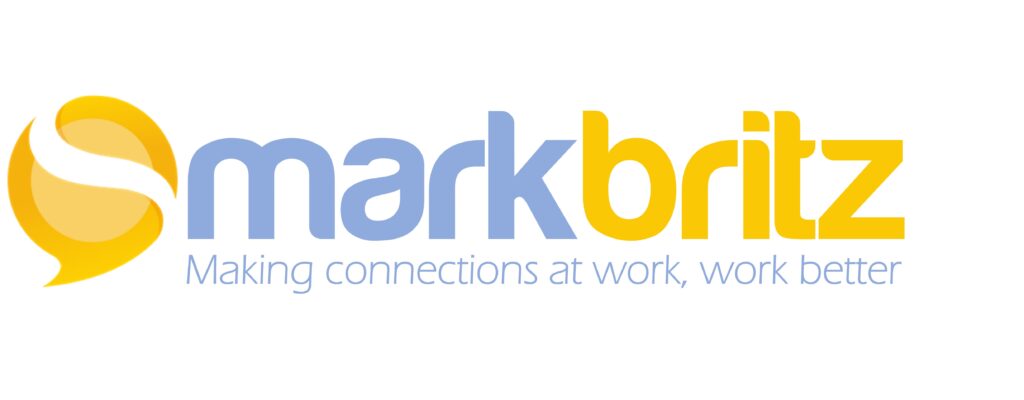 “If the doors of perception were cleansed every thing would appear to man as it is, Infinite. For man has closed himself up, till he sees all things thro’ narrow chinks of his cavern.”
“If the doors of perception were cleansed every thing would appear to man as it is, Infinite. For man has closed himself up, till he sees all things thro’ narrow chinks of his cavern.” – William Blake, The Marriage of Heaven and Hell
If you’re like me you see the future of learning as being social in a connected world, and the mindset of “empowering” people and not one of “allowing” them should be the norm and the first thought. And yet others, you’re executives, peers and the workers you support, just don’t seem to see it …or maybe it’s that they can’t.
Quite possibly, because of this pervasiveness, social and informal just can’t be seen by many as “real” learning.
Formal approaches in the US and elsewhere have been present in our lives since our primary school years. Public education and higher education experiences drove into many a brain that we learn only when others teach. We associated school with learning. A break from school (vacation, summers, and weekends) was perceived as a break from academic work and thus a break from learning. We were led to believe that learning was compartmentalized, it happens only in certain environments with specific elements present. We began to see learning as an externally controlled activity.
Today the ideas of enhancing and extending informal and social learning struggle to gain a foothold in organizations due in part I think to these years of formal reinforcement. “We teach as we were taught” was a common reference to educators who could not break free from old models of instruction …can it be then that executives and many workers alike don’t take seriously social and informal learning because they believe “we can only learn the way we learned”?
Situation after situation for the better part of 20 years forced many into a submissive state; all under the constant control of formal learning. And as we left the world of education and entered the workforce, the training-industrial complex stepped in ready to fill the impending formal void.
One theory that may explain this best is known as “Learned Helplessness“
Learned Helplessness is (defined as):
a phenomenon in which individuals gradually, usually as a result of repeated failure or control by others, become less willing to attempt tasks. (D.D. Smith, 2001)
The key phrase here is “…as a result of repeated failure or control by others…” For workers, repeated failure is experienced through the compartmentalization of learning created in the 20th century models. Workers are often directly (by supervisors, IT firewalls) prohibited or discouraged (by the culture) from seeking answers outside the system (T&D), producing their own materials or using personal devices. Furthermore, managers and executives alike maintain control through the constant need for metrics: completion rates, evaluations, and scores serve as the primary measures of learning; a continuation of the formal education models they themselves are accustom to and comfortable with.
Workers, like the students they once were, “learn” to be patient and compliant ultimately to the detriment of their organizations. They learn to be helpless in the face of repeated failure and systems of control.
In studies by Martin E.P. Seligman, Ph.D. and noted in his book Learned Optimism: How to Change Your Mind and Your Life he stated…
When faced with situations where they were powerless to change an annoying element, two out of three (both animals and humans) would cease trying to affect the situation. Further, when placed in a new situation with a different annoying element, they would make no attempt from the beginning. One in 10 would make no attempt to change an annoying element, even though they had not been exposed to an uncontrollable situation to cause them to learn helplessness.
Does this help explain that, although surrounded by informal and social opportunities and technologies at the ready, many still only acknowledge and await the formal, making no attempt to change this reality. Mandatory classes, elearning modules, firewalls, LMSs, Intranets … all annoying elements are met with little more than a sigh.
Here’s a bit more on the effects of this control on adults from a 1976 study of nursing home residents at Arden House. The staff in this Arden house example, when only providing limited choice/involvement, is eerily similar to T&D controlling content and the flow of information. And although the results are not premature death as in the Arden house example, it can result in the death of productivity, morale, and innovation. So if the problem is actually a type of learned helplessness how can it be corrected? Here are a few things to consider outlined in Learned Helplessness and School Failure we must:
1. Acknowledge and understand the components of learned helplessness to remediate it. If it’s about control, our employees must be encouraged and maybe incentivized to seek their own answers and not wait to be fed at the training trough. Think of the viral story of the small company whose owner gave a no strings attached 50K to each employee who stayed 5 years. Training is expensive. Trust is much cheaper. Hire motivated employees, create channels for information to flow, and promote personal development.
2. We must help [employees] discover the root beliefs and the distorted perceptions they create that cause their self defeating deficits. The well entrenched perception is that only formal = learning. To help dispel this myth we must reward results gained through collaboration and not through competition . We must acknowledge and promote sharing and community building as the means to greater learning not courses and completion rates. We must show employees & executives that these social and informal activities are occurring constantly (with and without technology); acknowledging and expanding them is productive time and can lead to positive personal and business results.
3. We must give [employees] the tools to change and refute their distorted beliefs and thereby reduce the deficits. The tools are technological and cognitive. We need to sponsor communities for collective intelligence to flourish through the free flow of ideas. We must work to enable enterprise social media and better yet, welcome the use of their own devices and tools. A shift must happen where learning professionals become “social” learning professionals acting in roles as community facilitators not content creators. Cognitive tools need to be sharpened and new skills sets developed. For example Personal Knowledge Management (PKM) and the Seek, Sense, Share model promoted by Harold Jarche are critical mindsets for workers in the 21st Century. Seeing is believing.
If the pervasiveness of formal learning is contributing to a learned helplessness when trying to adopt and expand social and informal learning, then a three pronged approach that aims to cure the disease and not just treat the symptoms may be the best way to help people cleanse their doors of perception.

